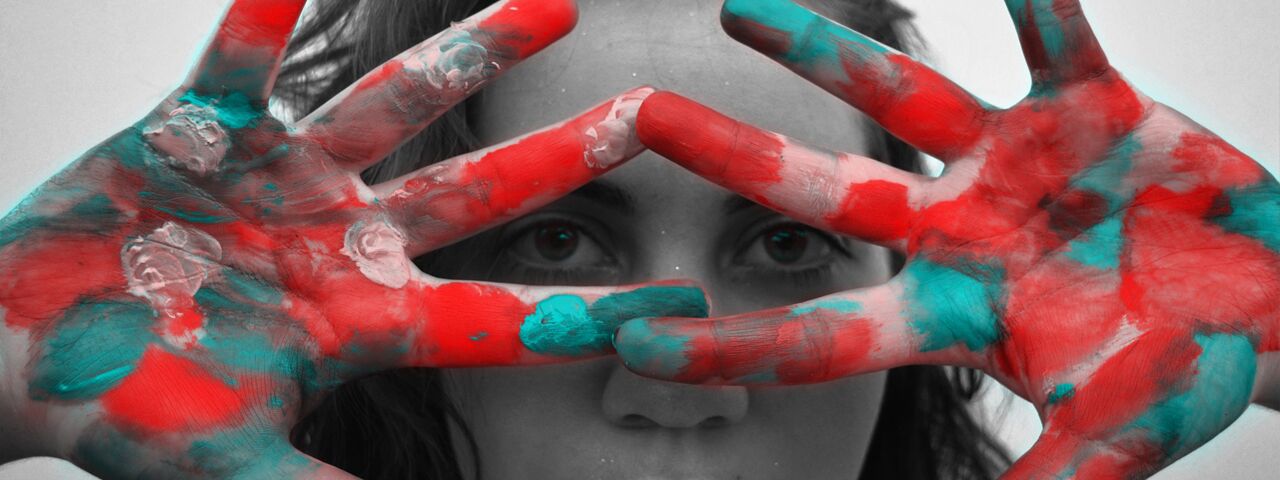
Red eyes and Dry Eye Syndrome are quite easily confused. Both conditions include itchy, red and dry-feeling eyes. A person who has dry eye syndrome will often think that their red, dry, itchy eyes are nothing more than something minor, like allergies, and live a long time with the severe comfort that comes with dry eye syndrome. He/she will find that, regardless of what measures are taken, the condition does not change significantly and an eye doctor must be consulted to bring relief. Fortunately, Dr. Bowser is very familiar with the symptoms of dry eye syndrome and how to treat it. Dr. Bowser has compiled some points of essential knowledge below, to help his patients recognize the indications of this uncomfortable and painful eye condition in a more timely fashion so that they can prevent prolonging the pain and discomfort of this extremely uncomfortable.
Dry Eye Syndrome
Dry eye syndrome is characterized by itchy, red, dry feeling eyes that do not get better unless professional medical help is obtained. Doctors generally discuss two broad causes for dry eye syndrome. Either:
- The eyes don't make enough tears, and the eye cannot be comfortably hydrated
OR
- The eye produces tears which are flawed. They often lack one or more essential parts normally included in tears to allow them to properly coat and hydrate the eye.
The leading defense against either of these forms of dry eye syndrome is a type of specialty eye drops called “artificial tears.” These special eye drops to combat the uncomfortable symptoms of dry eye syndrome by imitating real tears as closely as possible. In order to do this in the best way possible, there are many different formulations of artificial tears. Each formulation addresses a different underlying cause of your dry eye. Some help to address the issues of dry eye syndrome in which tears are lacking in quantity and others will add one or more building blocks to your tears to help them better perform their intended function.
Red Eyes
Red eyes are generally not as worrisome as dry eye syndrome and you shouldn't worry too much about them. In most cases, red eyes are caused by allergens or foreign substances, which can cause your eyes to become irritated. Small blood vessels throughout your eyes then become inflamed and enlarged, becoming much more visible and turning your eyes a reddish hue. This is where the term “red eyes” comes from.
Many times, red eyes will heal up and return to normal without any medical attention at all. A not of caution, however: The great number of conditions that can cause dry eyes makes it very hard to know exactly what the cause may be sometimes. If your red eyes are accompanied by a high fever, headache and/or a great deal of eye pain, go to the doctor immediately. This note aside, red eyes are almost always minor and should not cause anxiety unless accompanied by these additional symptoms.
Even with a brief but comprehensive explanation such as this, it can sometimes be hard to tell the difference between these two similar-looking conditions. If you feel your red eyes maybe something more, come see Dr. Bowser today.
